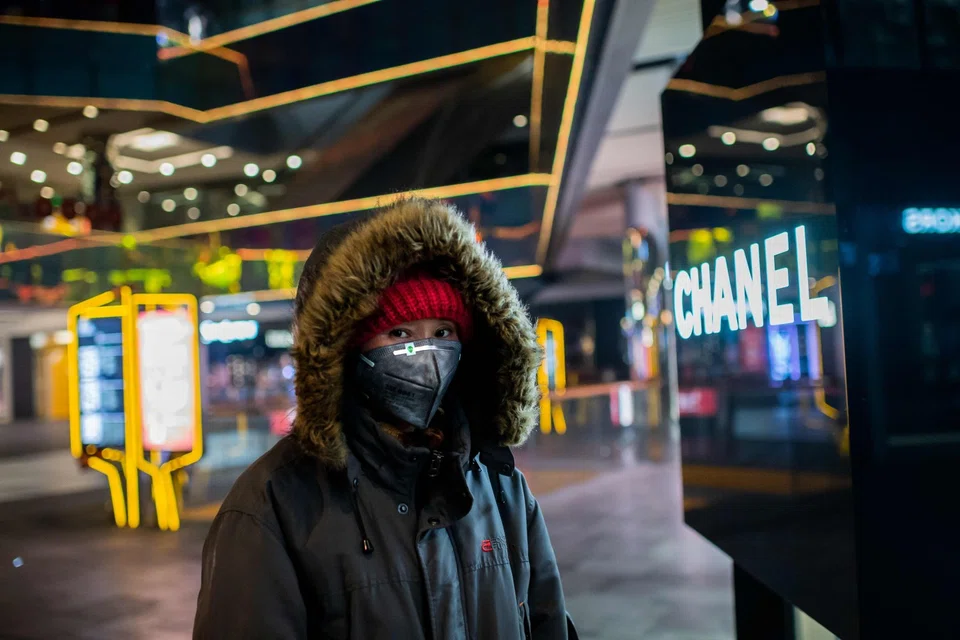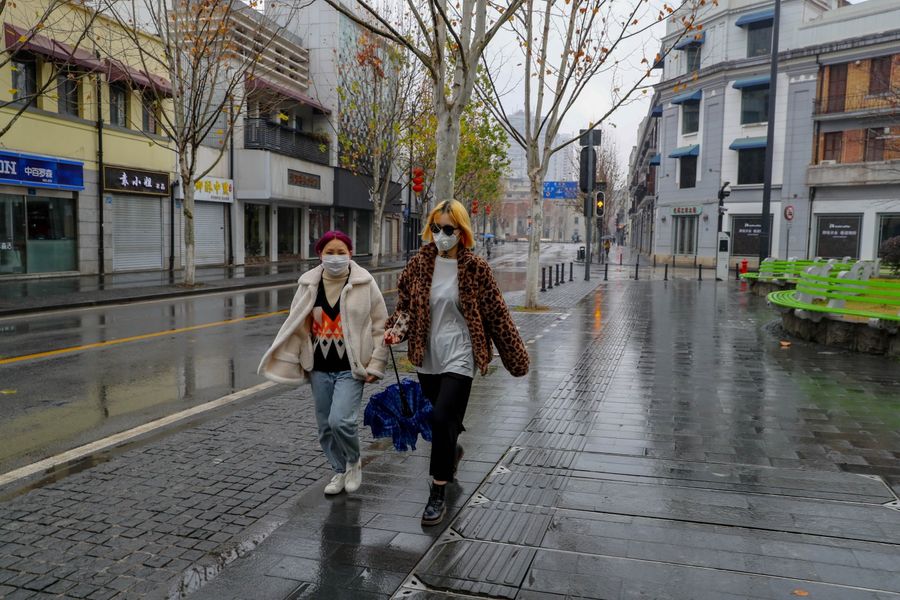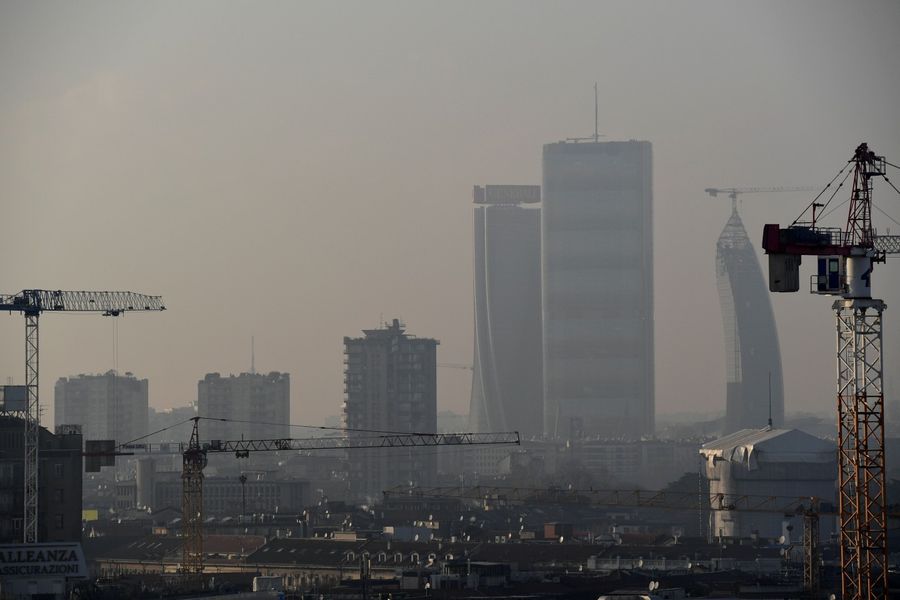Let us be worried, even when we overcome this virus

Everyone has their own problems.
People who are separated from their family may enjoy freedom in solitude, but they suffer a great deal of psychological torture, not knowing if their loved ones are safe and healthy. It is psychological torture because the definition of being healthy is not as clear-cut as the diagnosis of a broken leg or rib - one is trapped in turmoil for as long as the disease's incubation period lasts. Until the epidemic ends, we'll need to go through endless rounds of incubation periods. Hearing the words "I'm fine" from the other side of the phone is no longer reassuring - it could just be a false positive during the incubation period.
When individuals are displaced from their original positions in society, societal operations slow and even stop. The supermarket hoarders who crave for security are not being ridiculous after all, especially when they rarely step out of their houses, and rely on the internet that is filled with fear-mongering rumours to understand the world.
And those who are under the same roof as their family suffer a different kind of torture. On normal working days, society splits up the family unit into different locations: children go to school; working adults head to their respective offices; and the elderly pass time at their usual hangouts. Freelancers are able to work from the comfort of their homes because their family members are out. Presently, many families no longer alternate between day separation and night reunion - working day or not. In the morning, one no longer heads to where society has placed him or her. People no longer group together for common goals. Instead, the home becomes the kindergarten and the office. Places are merged and each interferes with the other's function such that none is able to perform at its best. Nothing resembles how a professionally divided society operates.
When individuals are displaced from their original positions in society, societal operations slow and even stop. The supermarket hoarders who crave for security are not being ridiculous after all, especially when they rarely step out of their houses, and rely on the internet that is filled with fear-mongering rumours to understand the world. They can only reckon that home supplies will be depleted someday based on their life experiences. The lucky ones are those who still have faith in a certain higher authority, be that a person or a government, and find comfort in them. The unlucky ones have lost hope. Information from the internet, and hearsay from family and friends who have most probably also gotten their information from the internet, have led them down such a path. Disappointed and tired of all that they see and hear, they decide to block off the outside world altogether.

Those who have to step outside to earn a livelihood are constantly worried if they are already infected. Yet, there are advantages of going outside - they will see that commodities are still available, society is still operating, and they are a part of that moving society, however small each person's contribution may be. Perhaps they are the ones who bring comfort to the people stuck at home, for nothing brings more comfort to a homebody than having the delivery man send their online purchases to the door promptly.
The ignorant and the foolhardy may also insist on going out with a devil-may-care attitude. Their family members are usually the ones who bear the troubles that come with their reckless behaviours.
In cases when viruses go on a rampage and contagious diseases spread, we are reminded constantly that they are blind to human concepts of borders and relations.
Yet, all that has been described would appear insignificant when compared to people who are trapped in the midst of this battle: those tortured by the virus and tormented by the loss of their loved ones, or those suffering in actual fear on the real battleground.
What does it mean for the rest of us? Should we worry?
Wars between countries can be contained geographically. Yet, when humankind is faced with a common problem, country borders and international relations are meaningless when viewed at the macro level. In cases when viruses go on a rampage and contagious diseases spread, we are reminded constantly that they are blind to human concepts of borders and relations. The possibility of intercontinental spread can be unprecedented and hard to contain - not only because humans as carriers, have great mobility in a globalised era, but also because countries and regions have developed an inseparable interdependence and have made the world operate as a single entity. When part of this entity stops working, albeit temporarily, the whole system experiences varying degrees of discomfort. Time is then necessary for everyone to readjust, to find new ways of operating, and to get accustomed to the new modus operandi.
Polluted air and oceans have long started their "world tours", and they have no need for a host - they are their own planes and ships.

Marine pollution, air pollution and other common challenges faced by humanity may not appear as intimidating as viruses, but this deceiving calm is only a prelude to the storm. In fact, they could be harder to control than viruses. We could perhaps try to contain a virus by locking down a city - or a country - but can we stop the oceans from flowing or the air from stirring? Polluted air and oceans have long started their "world tours", and they have no need for a host - they are their own planes and ships. Although their strike may not be as deadly or as swift, they are lurking under the radar.
Common problems of humanity are also those of the Earth as it is now controlled by Man. Even though Man has demarcated Earth into different countries, continents, and regions, Earth is spinning as a single entity. Its air, ocean, and land cycles are not mutually exclusive. A polluted body of water may not pollute another via water flow, but may do so via evaporation, clouds and rain. Hence, one symptom can be revealing of Earth's well-being as a whole.
When we finally overcome this virus, we should be feeling more worried than relieved. It could just be the tip of an iceberg of humanity's challenges and the beginning of a chain of problems.
